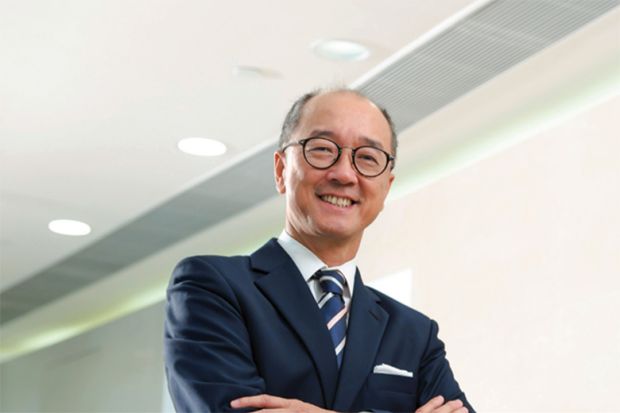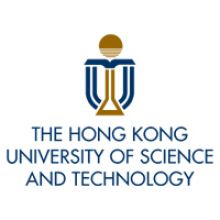Tony Chan admits that many people might see his move to head up King Abdullah University of Science and Technology (KAUST) in Saudi Arabia as “unusual”.
The former president of Hong Kong University of Science and Technology, who took over the private graduate research university last month, said that he had expected to return to the US after his nine-year stint in south-east Asia.
“But then opportunities started to appear,” he said. “This particular one, KAUST, is unusual to many people because Saudi Arabia has been a bit reclusive. Not many people have visited.”
However, Professor Chan said that there are several similarities between Saudi Arabia and China and Hong Kong, and the founding of KAUST in 2009 “reminds me of the founding of HKUST” in 1991.
One likeness is that China was the world’s “biggest economy” 1,000 years ago, while the Arab world was historically the global leader in terms of science and technology, he said.
Both regions have also recognised the need to modernise and diversify their economies and are investing in science, technology and innovation as a way to achieve this, he added, although China has had a head start.
“HKUST was founded about 30 years ago and China opened up about 40 years ago with [former Chinese leader] Deng Xiaoping,” Professor Chan said.
And while China is a much bigger country than Saudi Arabia – helping it become the second-largest economy in the world and create multinationals such as Alibaba and Tencent – he said that Saudi Arabia should be seen as the “head of the Arab world”, meaning that its “influence is much bigger than its population”.
Both universities, besides their focus on science and technology, are also “visionary” and “very well-endowed financially”.
Professor Chan, who was born in Hong Kong, said that he was partly drawn to the top job at KAUST because working in the Middle East would enable him to “try something different”.
“I spent almost 40 years in the US. In that time I got to know the leading scientific countries in the world – most of them are in Europe. Then I spent the past 10 years in Asia. I know all the Chinese, Korean, Japanese university presidents,” he said.
“I’ve done East and I’ve done West. So now I’m in the Middle East, and I can use my experience to do that.”
He is also familiar with KAUST, having attended the university’s official inauguration in 2009 and having served since 2011 on its board, which is currently chaired by the country’s minister of energy.
Given his global experience, will Professor Chan look to the East or the West for inspiration during his leadership at KAUST?
He said that he would like to take “the best [elements] from each” but one of his main initiatives will be to push KAUST to become “more engaged with Asia”.
“KAUST has always been engaged with America and Europe. Many of our faculty are from Europe, because it’s relatively close and frankly a lot of countries in Europe are not so well-funded in academia and research. So KAUST offers a very attractive destination,” Professor Chan added.
However, he said that as Saudi Arabia increases its ties with Asia – China is now the world’s largest crude oil importer – it will be easier for KAUST to connect with the region.
“At the research level, at the business level, at the government level, at the talent level, engagement with Asia is the natural thing to do – which is a relatively new thing for KAUST and Saudi Arabia. I can take advantage of my own experience in that way,” he said.
He added that “the role of the government is still important” in Asian universities, as it is in Saudi Arabia, even for a private institution such as KAUST.
“KAUST has its own endowment, so we don’t go to the government for our budget. But the country has a high expectation on KAUST to deliver our mission and we need the country support, from issuing visas to HR policies to encouraging our faculty and students to open start-ups,” he said.
“You cannot just do that all within the university – you need the government interaction; and that is one thing we can learn from Asia.”
Saudi Arabia can also be inspired by Asia to “evolve its own specialty”. While China has gone down the technology route, Saudi Arabia could be well-placed to be a global innovator in sustainable energy, he said.
“There is still oil in the ground so making good use of the oil is a big thing. But there’s also a lot of sun, so solar energy is a big thing. Thirty years ago the country said, ‘No, we want to do petroleum only, why would we develop an industry to compete with our main income?’ But now the thinking is different.”
POSTSCRIPT:
Print headline: East meets West: new president’s plans for Saudi Arabian institution
Register to continue
Why register?
- Registration is free and only takes a moment
- Once registered, you can read 3 articles a month
- Sign up for our newsletter
Subscribe
Or subscribe for unlimited access to:
- Unlimited access to news, views, insights & reviews
- Digital editions
- Digital access to THE’s university and college rankings analysis
Already registered or a current subscriber? Login










